Get started with a comprehensive collection of Daily Business Forms. Pick, adjust, complete, and share your business templates without issues.

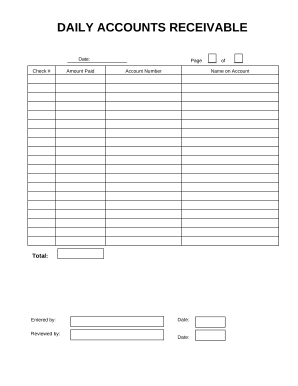
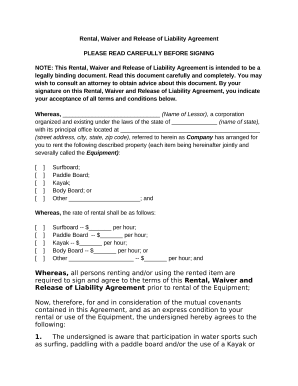
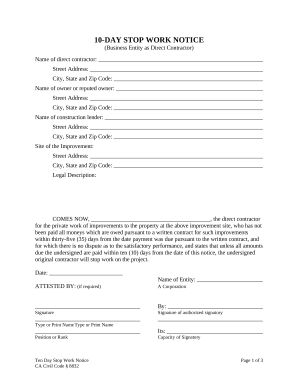
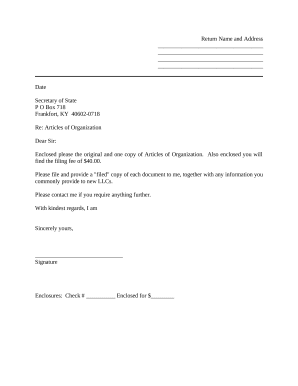
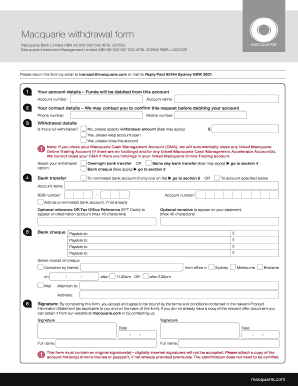
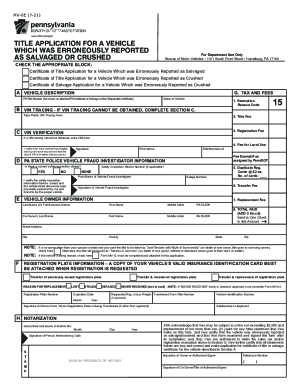
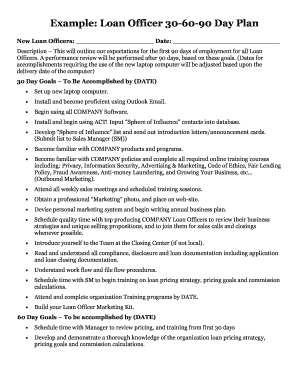

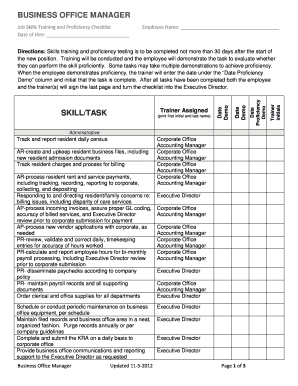


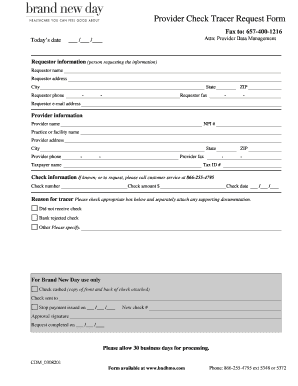
Accelerate your file administration with our Daily Business Forms library with ready-made templates that suit your needs. Access the form template, alter it, complete it, and share it with your contributors without breaking a sweat. Begin working more efficiently with the forms.
How to use our Daily Business Forms:
Discover all the possibilities for your online document administration using our Daily Business Forms. Get your totally free DocHub account today!